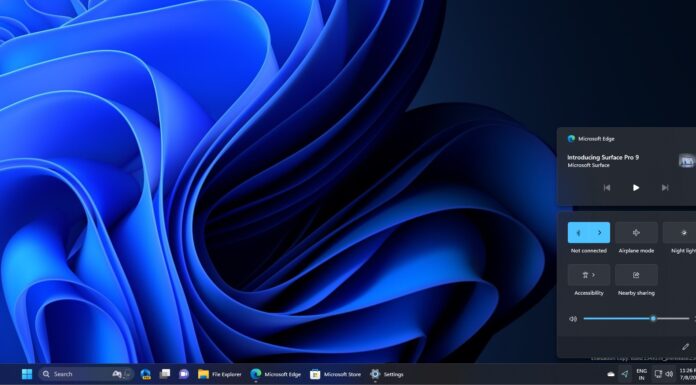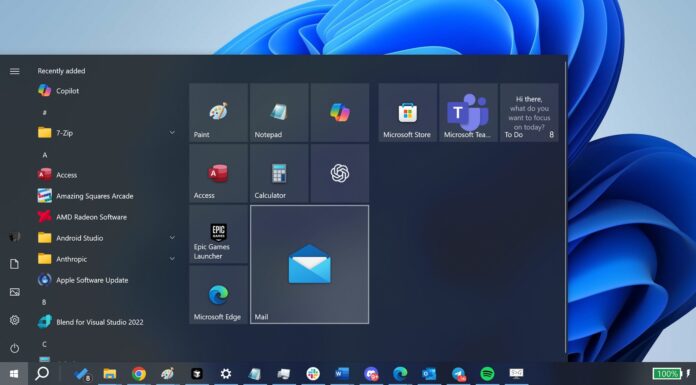Microsoft since the launch of its newest version of the operating system, Windows 10 has been regularly pushing out cumulative updates for all of its supported versions. The cumulative updates contained all the important security and non-security improvements.
For manual downloads of cumulative updates, Microsoft used three different modes of updates namely Full updates, Express updates and Delta updates. Full updates used to carry all the important files and components from the previous updates while Express updates contained only the files which were required to be installed after the full feature update and hence the size of the download is much lower compared to Full and Delta updates.
Microsoft also used the third option, Delta update which would update the required files only. The delta updates were pushed since Microsoft had not made the protocol available to 3rd party update management systems.
“For example, assume in May that we changed tcpip.sys and ntfs.sys, but did not change notepad.exe. A device that downloads the delta update will get the latest version of tcpip.sys and ntfs.sys, but not notepad.exe. Delta updates include the full component (not just the individual files) that changed. As a result, they are larger than express updates, often around 300-500 MB in size,” Microsoft explains in a blog post.
Now starting February 2019, all this is going to change with Microsoft deciding to retire Delta updates for all its supported versions of Windows 10. The company decided to retire delta updates since the company’s express updates are now available via all third party update management systems which makes the delta update mode unnecessary.
“Beginning February 12, 2019 Microsoft will end its practice of creating delta updates for all versions of Windows 10. Express updates are much smaller in size, and simplifying the cumulative options available will reduce complexity for IT administrators,” the company explains.
The company says that the delta update will continue to be made available for systems running Windows 10 Aprill 2018 Update or older.
These versions of the operating system will also stop getting delta update once they reach the end of support date laid down by Microsoft. The delta updates are currently available for the below versions of Windows 10
- Windows 10, version 1607
- Windows 10, version 1703
- Windows 10, version 1709
- Windows 10, version 1803
Continuing with express updates which are smaller in size, Microsoft makes it easier for Windows 10 users to install the updates faster.






















